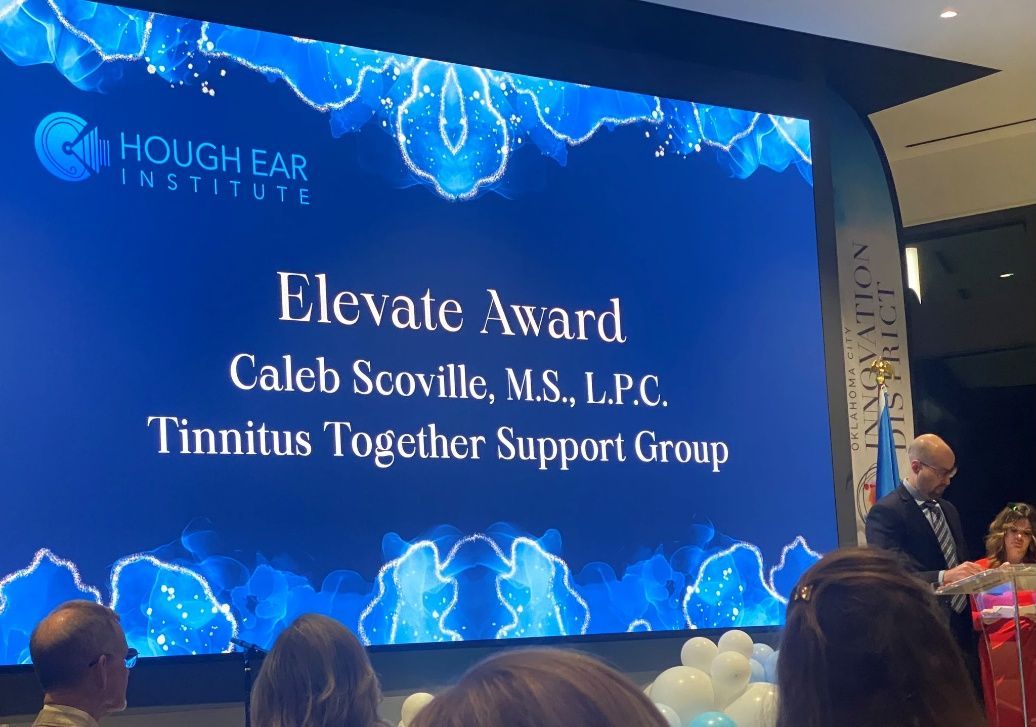Finding Drug and Alcohol Treatment for a Loved One Can be Difficult.
By Kyle McGraw, LPC, LADC
There are many vital aspects of successful substance abuse recovery. TLCC provides outpatient therapy for addicts and their family members, but it is important to determine what stage of recovery a person is at, in order to provide the right level of care.There are many important aspects to consider in making the best decision for care and our therapists are able to help you navigate these waters, to ensure a greater possibility for successful recovery. The following are some important considerations in selecting the right level of care and the right facilities.
1. Assessment by a trained professional.
We first start with an assessment with a licensed drug and alcohol counselor trained to decide what level of care is needed to treat your loved one. Not all clients are suited for outpatient therapy because their addiction and/or mental health may not be stable enough to follow a treatment plan in an outpatient setting.Many who are addicted require inpatient treatment to provide both medical detox and a therapeutic environment, until they can safely stay sober being in their current environment.
2. Finding a quality facility to work with the addicts’ recovery needs, medical needs and financial needs.
TLCC can provide the assessment and will work with many treatment facilities based upon the clients age, gender, traumatic history and many other variables. We can help you sort through this maze. There are many great treatment centers available, but there are also some that do not meet standards of quality. And, it can be difficult to differentiate between the two. Be wary of treatment centers that spend more time listing their amenities, rather than on their clinical treatment.
Good treatment addresses mind, body, and spirit for both the individual and family. You will want a facility that can address both mental health and the substances that are being used and abused. This type of treatment is referred to as co-occurring disorder treatment. It is crucial that the facility address the symptoms of early withdrawal and detox as a part of their treatment protocol. As a person goes through detox, there are often critical medical issues that need to be addressed as the body goes through withdrawal symptoms. Often times this requires medical supervision and intervention.
3. Economics and location.
There are a number of other considerations in finding the right treatment facility.Economics can play a role: Some facilities are state-funded, while others accept insurance or are strictly private pay. Geography plays a role as well. It is important to select a facility far enough away from home, that it would deter your loved one from leaving the program prematurely. It is important that the client be far enough away from the distractions of home, drug dealers and other negative influences, so that they cannot interfere.
4. Finding family and relationship support, while your loved one is in treatment.
While in treatment, family members are encouraged to seek their own forms of treatment. Understanding their role in the family can be helpful to each individual.It is important to prepare family members for a "new normal," in the way communication and feelings are expressed during and after discharge from treatment. One way to think about these changes is to recognize that everyone in the family needs some level of help. Help can be in the form of counseling for individuals and family members. Support programs, such as Parents Helping Parents, Al-Anon, NAMI, Celebrate Recovery and counseling, can also help to augment the treatment process. ( see resources at www.tlccok.com
)
5. Another important consideration is release forms. You will want to request that your loved one sign a release form once admitted to treatment so that you can receive updates on their progress as well as participate in any educational or family counseling that is so needed for healing to occur for your family.
Evaluating the many different aspects of care can play an important role in the success a client has in their recovery.You don’t have to do this alone. Treatment is available for your loved one and support is available for you, as well. Start the process of healing today. Call us for more help at (405) 246-LIFE.
Kyle McGraw is who is dually licensed as a drug and alcohol counselor as well as a licensed professional counselor. He is the owner of Transforming Life Counseling Center and has worked in the field of addiction and mental health for 30 years. Over the years, Kyle has worked and referred many to local and nationally known treatment centers.







